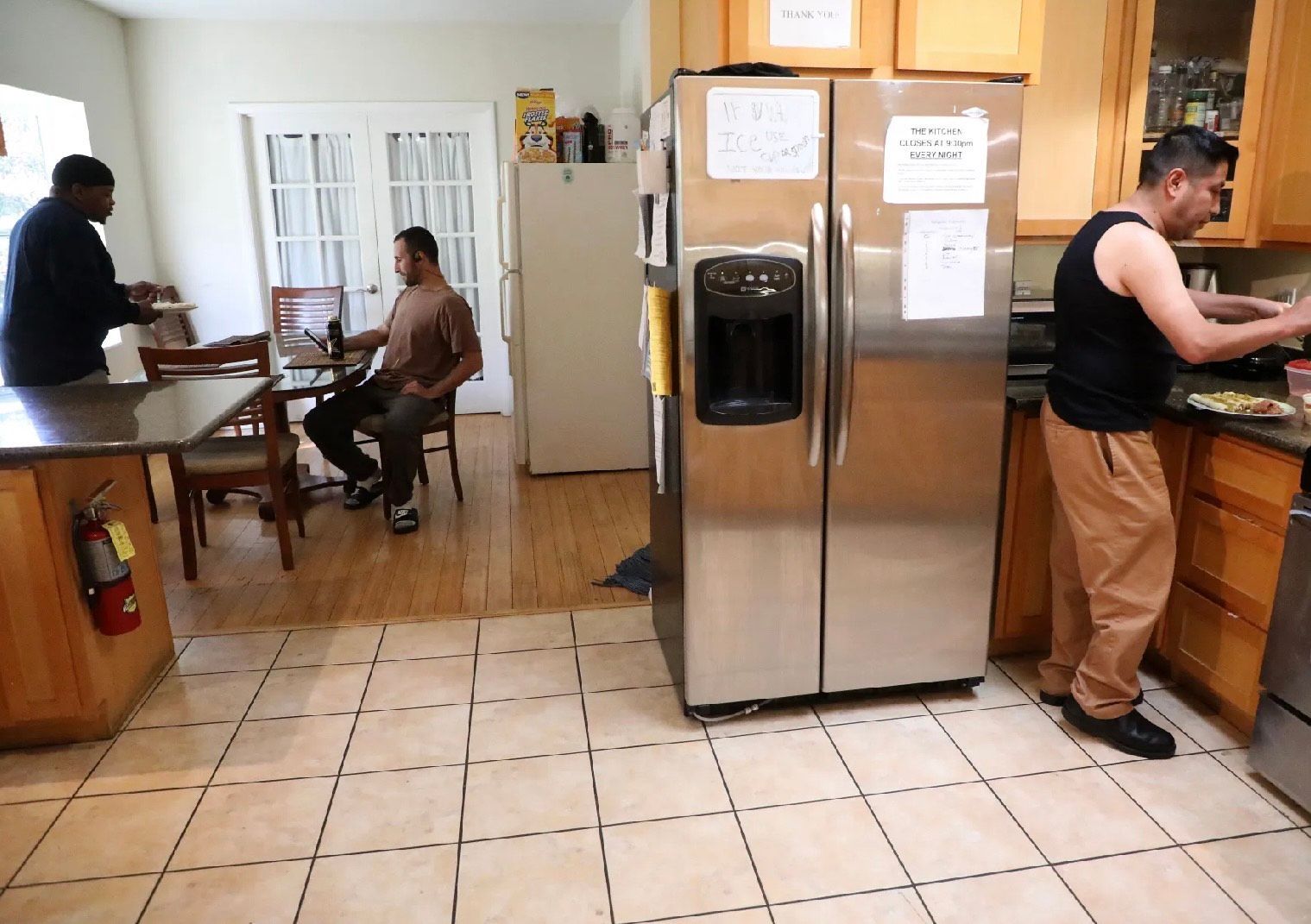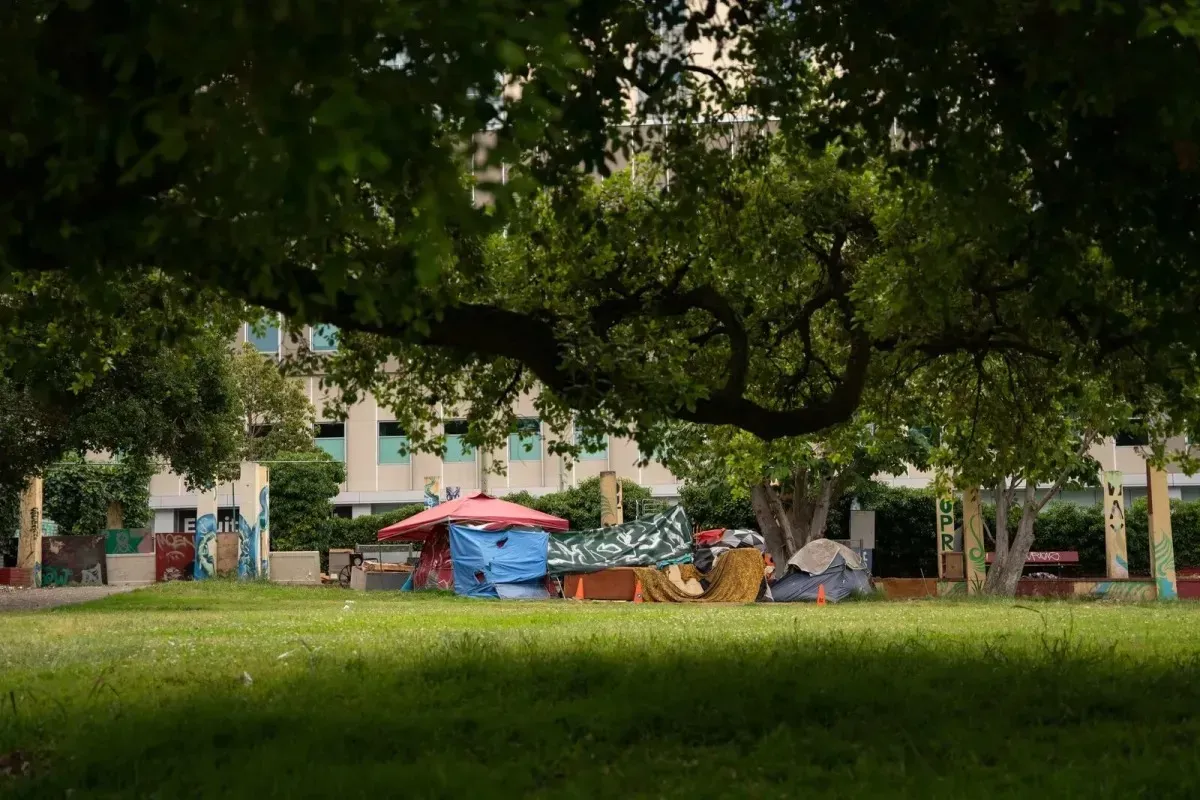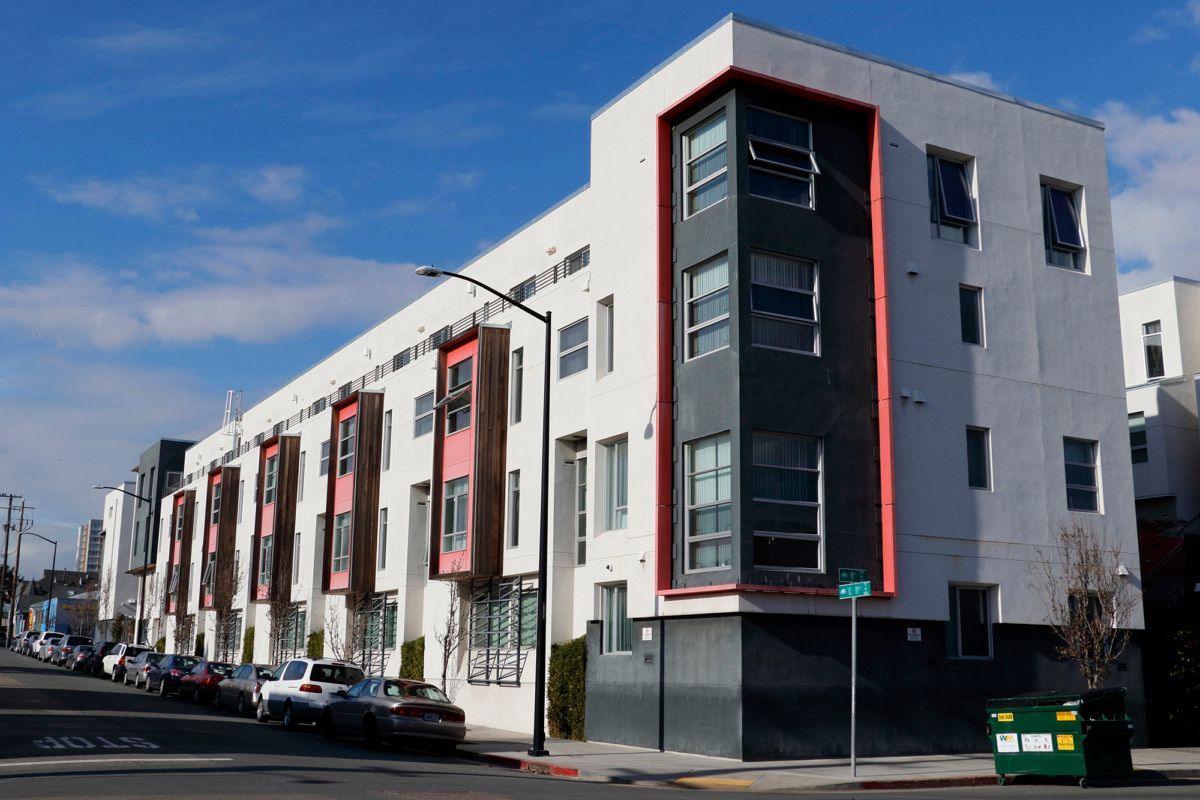Share the Spirit: Options Recovery Services offers sober living, treatment in East Bay

Directory of Berkeley facility, a formerly homeless recovering addict, was one of the program's first graduates.
Tom Gorham entered a sober-living facility in Berkeley in 1998 after a decade of homelessness because of alcoholism and drug addiction. He never left. Now he’s the facility’s executive director.
After his own treatment, Gorham helped Davida Coady — a renowned doctor who later became his wife — build up Options Recovery Services from one house to 11 properties in Berkeley and Oakland. Coady died last year but Gorham remains at the helm and Options’ philosophy is the same: Don’t turn people away if they need a place to stay and want treatment for their addictions.
He is just one Options graduate who has gone on to work for the program, which offers outpatient and inpatient treatment and more. About a third of the staff used to be clients, he said.
How did the 70-year-old get to this point?
Gorham said he grew up with abusive parents who died because of their addictions. His dad was an alcoholic and his mom was addicted to opioids. He became an alcoholic himself but was sober for a bit while he tried to salvage his first marriage.
Eventually, his wife left and took their two kids to Seattle. After that, he said, he sold off his two businesses (a trucking company and a candy shop) and his four homes in the Bay Area. Within a year, he was homeless.
For a decade, he lived either under a freeway in Oakland or on the streets of Berkeley, using pills, cocaine, meth. “But alcohol was my true love,” he said. He got beat up a lot and saw about three dozen other homeless people die during that time.
“Every homeless person has a story,” he said at Options’ home base on Allston Way in Berkeley, “but there are some real sociopaths on the streets.”
Options was court-mandated for Gorham, who estimates that he went to jail more than 350 times because he was “a bigmouth drunk.”
But he said he needed the community, and was amazed that Coady — the physician and humanitarian with degrees from Columbia and Harvard universities who founded Options — cared enough about him and people like him. He resolved to reinvent himself.
“I was so indebted and grateful to Davida and Options that I wanted to help her,” Gorham said. After becoming sober, he earned a master’s degree in counseling and became a certified alcohol drug counselor.
Options relies on grants, donations and, since the availability of the Affordable Care Act, its clients’ medical insurance. The organization has received funding this year from Share the Spirit, an annual holiday campaign that serves disadvantaged residents in the East Bay. Donations helped support 49 nonprofit agencies in Contra Costa and Alameda counties. The grant was used to support the annual Davida Coady Walk for Recovery, an educational docent walk and barbecue.
Options’ offerings include addiction treatment and recovery, housing and help with job readiness and more. Its approach is looked at as a model. To help reduce recidivism, Gorham was asked to establish an offender mentor certification program at San Quentin State Prison, which has since expanded to other state prisons.
Some of the counselors trained in prison go on to work at Options, which last year served about 1,000 clients and helped house about 200 homeless people.
“I have a debt to pay,” said Gorham. After everything he has done and lived through, he said, “There’s no reason I should be sitting here.”







